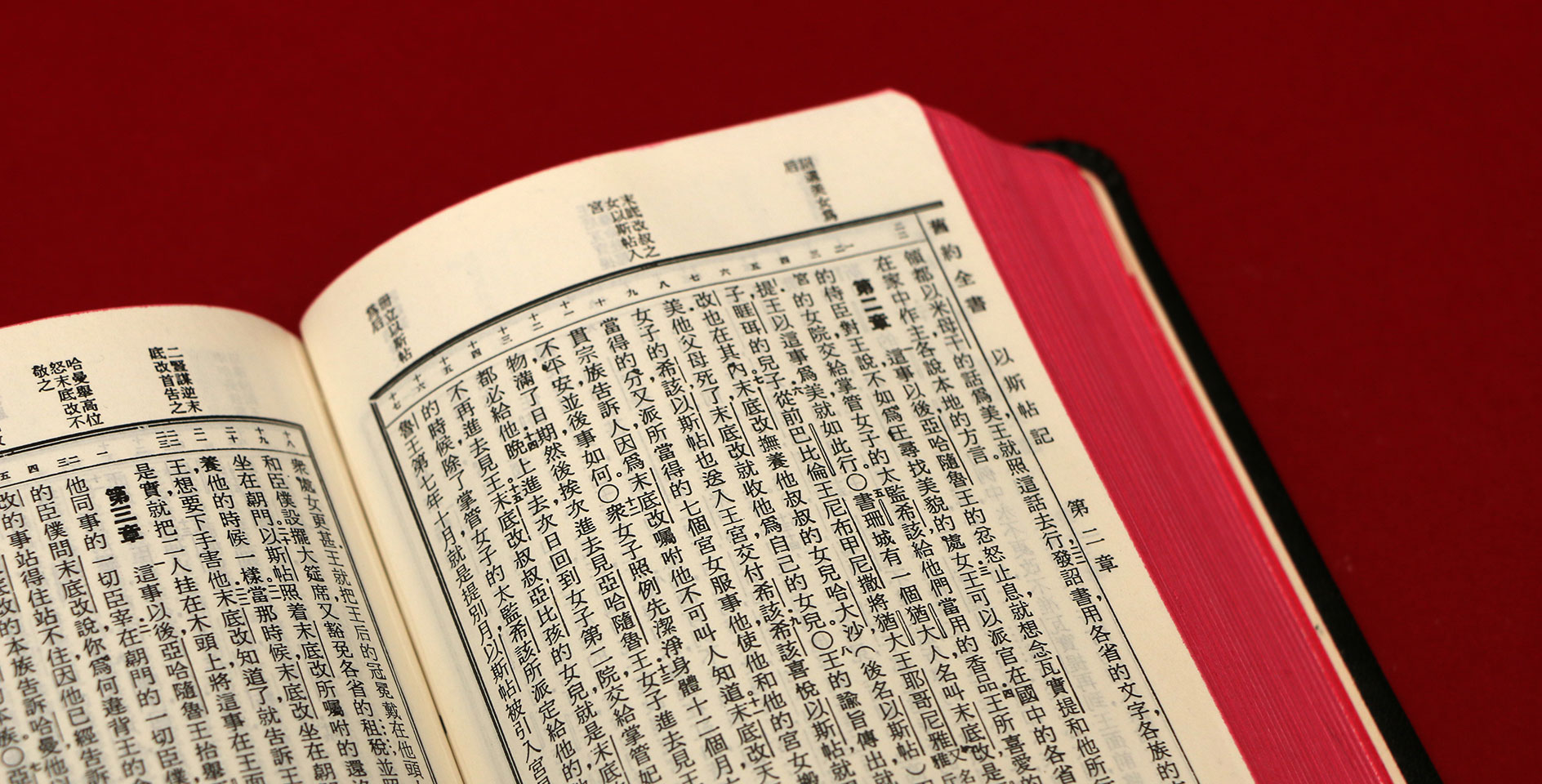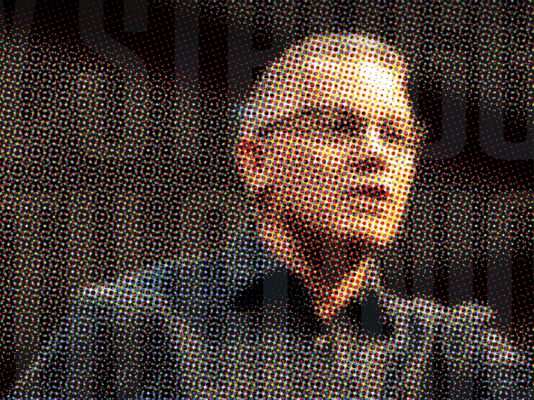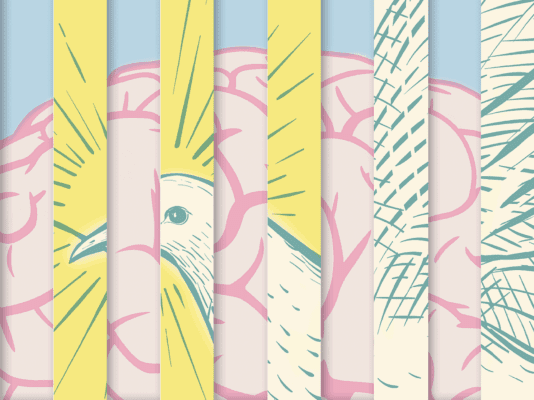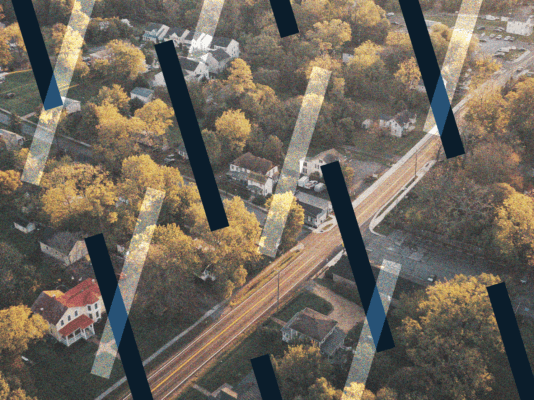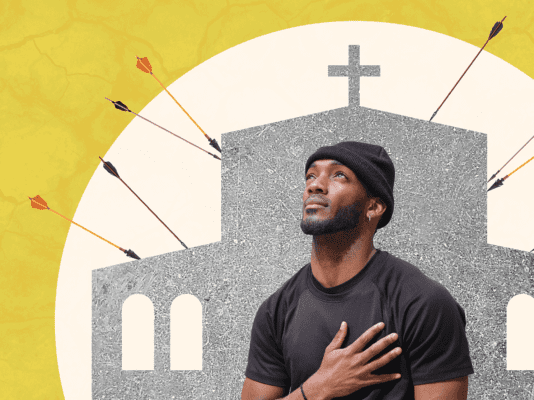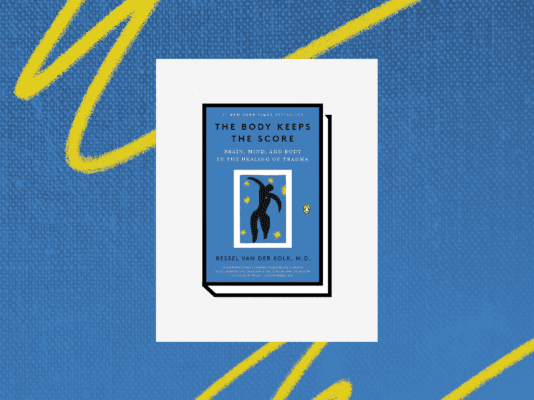What’s going on in China?
Over the past few weeks, the Chinese government has escalated its persecution of Christians by destroying crosses, burning Bibles, confiscating religion materials, and closing churches.
This week the Beijing city authorities banned Zion Church, one of the largest unofficial Protestant “house” churches in the city and confiscated “illegal promotional materials.” The crackdown started in April, after the church rejected requests from authorities to install 24 closed-circuit television cameras in their building.
Bob Fu, president of China Aid and the recipient of ERLC’s Religious Liberty Award in 2007, told the Associated Press that the closure of churches in central Henan province and a prominent house church in Beijing in recent weeks represents a “significant escalation” of the crackdown.
“The international community should be alarmed and outraged for this blatant violation of freedom of religion and belief,” said Fu.
Fu also provided the AP with video footage of what appeared to be piles of burning Bibles and forms stating that the signatories had renounced their Christian faith. Fu said that marked the first time since Mao’s 1966-1976 Cultural Revolution that Christians had been compelled to make such declarations, under pain of expulsion from school and the loss of welfare benefits.
Chinese law requires Christians to worship only in congregations registered with the Three-Self Patriotic Movement, but many millions belong to so-called underground or house churches that defy government restrictions.
What is the Three-Self Patriotic Movement?
The Chinese Christian Three-Self Patriotic Movement (TSPM) is a state-sanctioned Protestant body for the organization of all Protestant churches in China. The organization was created in 1951 to promote a strategy of “self-governance, self-support, and self-propagation” to remove foreign influences from Chinese churches, and to profess the member church’s loyalty to the communist government. For churches registered with TSPM, the government pays for many of their buildings and funds the education of its pastors.
Many Chinese congregations refuse to join the TSPM for various reasons, including that TSPM promotes liberal theology while the faith of the house churches is generally evangelical theology.
What are “house churches”?
Churches in China that are not part of either the state-sanctioned China Christian Council or the Three-Self Patriotic Movement are considered “house churches.” The term can be misleading, though, since it can refer to any unauthorized church, regardless of size or meeting location. Some “house churches” in China are mega-congregations. The Zion Church in Bejing had 1,500 members.
Since many house churches are allowed to exist, does China have freedom of religion?
Freedom of religion is technically guaranteed in the Chinese constitution. The Constitution of the People's Republic of China of 1982 specifies that:
Citizens of the People's Republic of China enjoy freedom of religious belief. No state organ, public organization or individual may compel citizens to believe in, or not to believe in, any religion; nor may they discriminate against citizens who believe in, or do not believe in, any religion. The state protects normal religious activities. No one may make use of religion to engage in activities that disrupt public order, impair the health of citizens or interfere with the educational system of the state. Religious bodies and religious affairs are not subject to any foreign domination.
The constitution protects the right to hold or not hold a religious belief, and protects "normal religious activities," that is, religion groups that submit to state control through the State Administration for Religious Affairs. China has five officially sanctioned religious organizations: the Buddhist Association of China, the Chinese Taoist Association, the Islamic Association of China, the Chinese Patriotic Catholic Association, and the Three-Self Patriotic Movement.
As Brian C. Stiller, the Global Ambassador of the World Evangelical Alliance, says, “The issue isn’t so much freedom of religion as it is freedom of assembly. The government seems not as concerned about what people believe, as they are over people gathering in large groups or by becoming too public.” [Emphasis in original]
How has the U.S. government responded to the crackdown?
The U.S. Commission on International Religious Freedom (USCIRF), an independent, bipartisan federal government entity established by the U.S. Congress to monitor, analyze, and report on threats to religious freedom abroad, issued a statement earlier this week saying:
USCIRF is highly concerned by reports of Chinese authorities’ escalating religious freedom violations. On the same weekend as national media in the United States revealed the horrific detention of countless Uighur Muslims in extra-judicial “re-education camps,” the Chinese government also reportedly raided and shut down Zion Church in Beijing. These collective actions, coupled with abuses against other religious communities, such as Tibetan Buddhists and Falun Gong practitioners, signal an alarming escalation in persecution of citizens in China under Xi Jinping. USCIRF condemns the Chinese government’s ongoing brutal and systematic targeting of religious communities for their beliefs.



